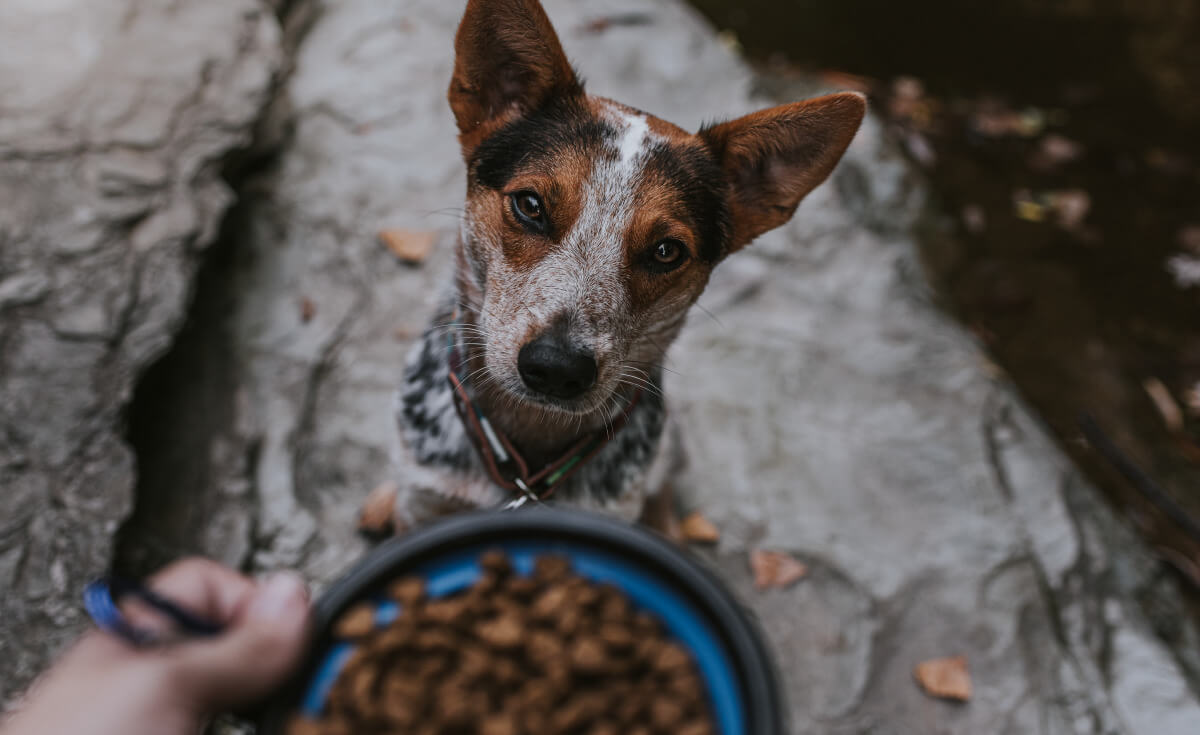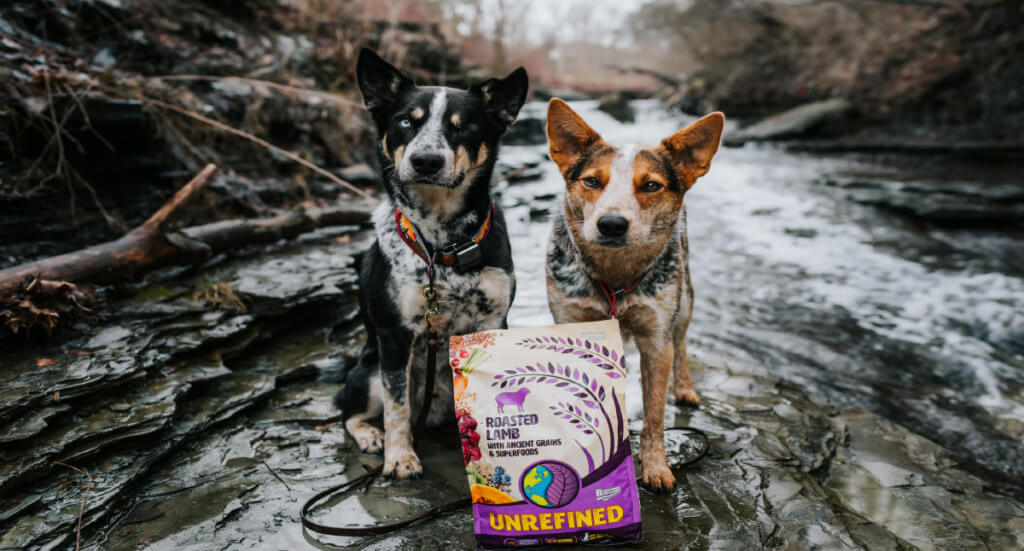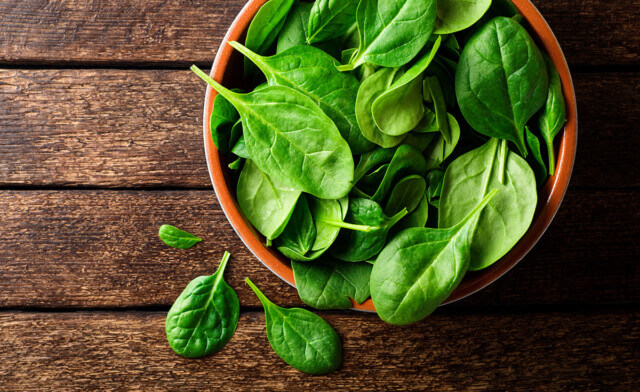Choosing Food for Puppies Isn’t Easy. Here Are 8 Options to Try!
Puppies have different nutritional requirements than adult dogs, and finding the right food for them can be a challenge. That’s why it’s important to do your research before selecting food for your pup.
In this article, we will explore eight options for feeding your puppy to ensure they get the best start in life. From small-breed puppy food to grain-free options, you’re sure to find something that meets your growing dog’s needs.

1) Small Breed Puppy Food
When it comes to selecting the best puppy dog foods for your small breed pup, there are many factors to consider. Small breeds have unique nutritional requirements and faster metabolisms than their larger counterparts, which means their food needs to be energy-dense and packed with essential nutrients. So, it’s crucial to find the best quality dog food for small breeds that provides the right balance of protein, fat, and carbohydrates to support healthy growth.
When selecting a healthy dry dog food for small dogs, look for brands that offer puppy-specific formulas tailored to meet the needs of small breeds. These formulas often contain smaller kibble sizes, which are more manageable for little mouths, and have a higher calorie content to fuel their fast metabolisms. The best dry food for small-breed puppies should have high-quality protein sources, such as chicken, fish, or lamb, as the primary ingredient to promote muscle growth.
Make sure to compare various products and read customer reviews to find the top puppy food for small breeds. And don’t forget to talk to your veterinarian for their recommendations and advice on the best small breed food for your specific puppy.
2) Large Breed Puppy Food
Feeding a large breed puppy the right food is essential for healthy growth and development. Look for the best puppy food for growth designed specifically for larger breeds to ensure that their unique nutritional needs are met. It’s especially important to find the best large breed dry dog food with a controlled amount of calcium and phosphorus to promote proper bone development and prevent growth-related issues.
Large breed puppies, such as a newborn German shepherd puppy, require more energy, protein, and nutrients than smaller breeds. But, it’s vital to avoid overfeeding them, as this can lead to rapid growth and potential health problems. Look for the best rated large breed puppy food and consult with your vet to find the right formula and feeding guidelines for your particular breed.
A well-balanced, best rated puppy food for large breeds should have a high-quality protein source as the main ingredient and an appropriate amount of carbohydrates and fat for energy. For dogs with digestive sensitivities, look for the best large breed puppy food for sensitive stomach options that contain easily digestible ingredients and limited allergens. It’s essential to determine how much a large breed puppy should eat to ensure they receive the appropriate amount of nutrients without overfeeding.

3) Grain-Free Puppy Food
Many pet parents choose grain-free puppy food as an alternative to traditional grain-based diets. Some dogs may have grain sensitivities, while others may benefit from a higher protein and lower carbohydrate diet. The best grain-free dog food for puppies should still provide a complete and balanced diet, with high-quality protein sources and healthy fats for energy.
When selecting a grain-free dry puppy food, make sure to look for options that are specifically formulated for puppies and meet their unique nutritional needs. It’s also worth looking for great puppy food recipes without grains that are formulated for your pup’s size. For example, the best grain-free puppy food for small breeds is specially designed for their faster metabolism, smaller mouths, and higher calorie needs.
There are many good grain-free puppy food options on the market, but it’s essential to read product labels and reviews to ensure you’re making the best choice for your pet. Remember to consult your veterinarian before making any significant changes to your puppy’s diet, especially if you’re considering grain-free puppy food.
4) Limited Ingredient Puppy Food
For puppies with food sensitivities or allergies, limited-ingredient puppy food can be an ideal choice. These diets are designed to minimize the risk of triggering food allergies by using fewer, carefully selected ingredients. The best low ingredient dog food will typically feature a single protein source and a limited number of carbohydrate sources to reduce potential allergens.
When choosing a limited ingredient diet for your pup, pay close attention to the first ingredient in dog food. Look for high-quality protein sources such as chicken, fish, or lamb to ensure your puppy receives the essential nutrients they need for healthy growth and development.
As you search for the best food for your puppy, consider their specific dietary needs and sensitivities. The healthiest food for puppies will provide a complete and balanced diet that’s easily digestible and supports their immune system. Research the best limited ingredient puppy food options and consult with your veterinarian to determine if the diet is suitable for your pet. For large breed puppies with sensitivities, you can also find limited ingredient large breed puppy food options tailored to their unique nutritional requirements.
5) Wet Puppy Food
Wet puppy food is a popular option for pet parents who want to provide their pups with a high-quality, moisture-rich diet. It’s an excellent choice for picky eaters or puppies that need additional hydration. To choose the right wet food for your pet, it’s essential to conduct a thorough dog food comparison to ensure you select a high-quality product.
When selecting wet food for your pup, look for options made with real meat and natural ingredients. Healthy wet puppy food should be free from artificial additives and low-quality fillers that may be harmful to your pet. High protein wet puppy food can be a good option as it supports healthy muscle growth and development, while also providing essential amino acids.
If your puppy is particularly fussy about their food, you may want to consider the best wet food for picky dogs that includes a variety of flavors and textures to entice their appetite. Always opt for healthy wet puppy food options that are specifically formulated for puppies and meet their unique nutritional requirements. And if you’re unsure of the best wet puppy food for your pup, make sure to discuss your options with a trusted veterinarian first.
6) Grain-Inclusive Puppy Food
While grain-free diets have become increasingly popular in recent years, many puppies thrive on grain-inclusive puppy food. These diets include grains like rice, barley, and oats, which can provide valuable nutrients and fiber for your pup. If you’re wondering do puppies need grain, the answer depends on your pet’s specific dietary requirements and preferences.
For those who prefer grain-inclusive diets, there are many whole grain puppy food options available. These formulas should still prioritize high-quality protein sources and provide a complete and balanced diet for your growing pup.
Earthborn Holistic Puppy Vantage is an excellent choice for grain-inclusive puppy food. It provides wholesome grains, DHA, and a superfood blend of fruits and veggies for optimal nutrition. Plus, it includes high-quality protein sources and added supplements for heart and digestive health.
The best grain puppy food available today is formulated to provide a good source of carbohydrates and fiber, supporting digestive health and providing sustained energy for your active pup. As always, consult your veterinarian and read product labels and reviews to find the best dog food for a puppy that meets their specific nutritional requirements.
7) Sensitive Stomach Puppy Food
Puppies with sensitive stomachs require a diet that’s gentle on their digestive systems. Look for good food for puppies with sensitive stomachs that contain easily digestible ingredients, limited allergens, and a high-quality protein source. These formulas often include prebiotics and probiotics to support gut health and improve digestion.
If your puppy is having trouble eating or is showing signs of digestive issues, consult your veterinarian to determine the cause and discuss potential solutions. They can help guide you on how often you should feed puppies and which formula is suitable for your pet.
It’s important to monitor your puppy’s progress and make adjustments as needed. Some puppies may grow out of their sensitive stomach issues as they mature, while others may require ongoing dietary modifications. Consult your veterinarian to determine if your pet is likely to grow out of sensitive stomach issues or if they need a specialized diet long-term.

Understanding which dog breeds with sensitive stomachs are more prone to digestive issues can help you prepare for potential dietary adjustments. Always choose a good puppy food for sensitive stomachs that meets your pet’s specific needs and talk to your veterinarian for expert guidance.
8) Sauce-Based Puppy Food
For puppies that prefer a softer texture or need additional hydration, sauce-based puppy food can be an excellent option. These semi-moist diets provide a soft, palatable texture that’s appealing to picky eaters.
When selecting a sauce-based diet for your pup, look for high-quality options that prioritize natural ingredients and a high-quality protein source. The best soft dog food for puppies should provide a complete and balanced diet that meets your growing pet’s unique nutritional needs.
There are many soft puppy kibble options available, so it’s essential to read product labels and reviews to ensure you’re making the best choice for your pet. Look out for soft kibble for puppies that are specifically formulated for your pet’s breed size, such as small or large breed options.
Some pet parents may prefer to avoid certain protein sources due to allergies or dietary preferences. In this case, options like the best chicken-free puppy food that contain novel proteins can be an excellent choice.
When choosing a soft dry dog food for puppies, always consult your veterinarian for recommendations and guidance. They can help you determine the best diet for your pet’s specific needs and preferences, ensuring they receive the essential nutrients they need for healthy growth and development.
What Type of Food Will You Choose for Your Puppy?
Finding the right type of food for your puppy is important, as it helps ensure they receive all the essential nutrients they need to stay healthy and grow. By following the tips above and speaking to your veterinarian, you can make an informed decision that meets your pup’s individual nutritional requirements.
For small and large-breed puppies, it’s essential to select a diet tailored to their unique nutritional needs, such as small-breed puppy food and large-breed puppy food. These options provide the appropriate calorie and nutrient balance to support the growth and development of your pet’s specific breed size.
If your puppy has specific dietary restrictions or preferences, you may opt for grain-free puppy food or limited-ingredient puppy food. Grain-free diets can benefit pups with grain sensitivities, while limited-ingredient diets cater to puppies with food allergies or intolerances.
Wet puppy food is a great option for picky eaters or pups requiring extra hydration, while grain-inclusive puppy food can provide a well-rounded diet that includes the benefits of whole grains. For puppies with sensitive stomachs, consider a sensitive stomach puppy food that is gentle on their digestive system.
Lastly, sauce-based puppy food offers a soft texture and added hydration, making it appealing for young pups that may have difficulty chewing or prefer a softer diet.
No matter which type of food you choose for your puppy, always consult your veterinarian for guidance and ensure the diet meets your pet’s specific nutritional needs. It’s essential to monitor your puppy’s growth and development, making adjustments as needed to keep them healthy and happy.
As you explore the various puppy food options, remember to prioritize high-quality ingredients, a balanced nutritional profile, and the unique needs of your pet. It’s also important to avoid foods with potentially harmful additives and fillers. By doing so, you can provide your furry companion with the essential nutrients they need to grow into a healthy, thriving adult dog.




